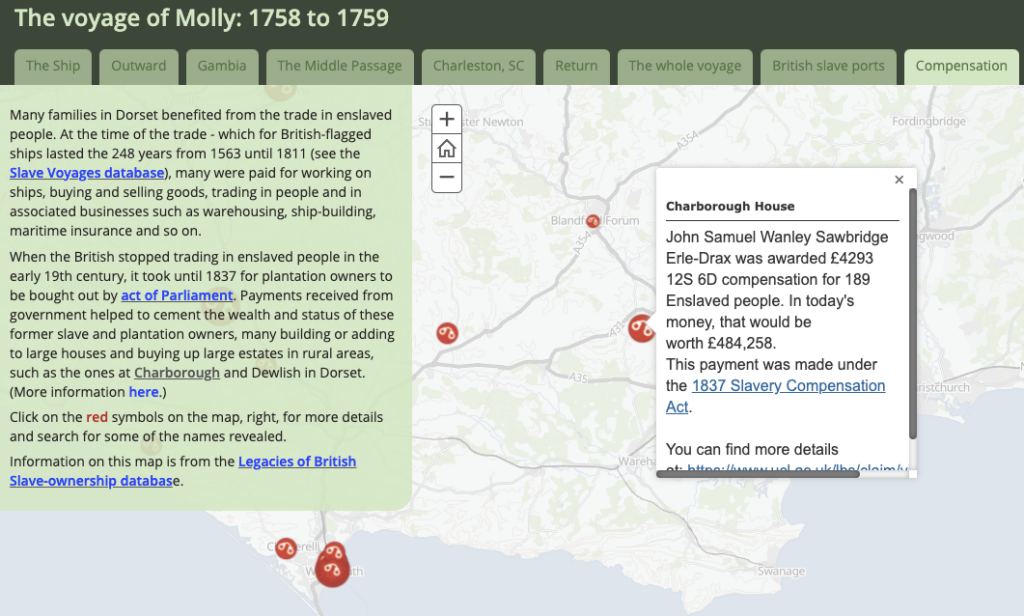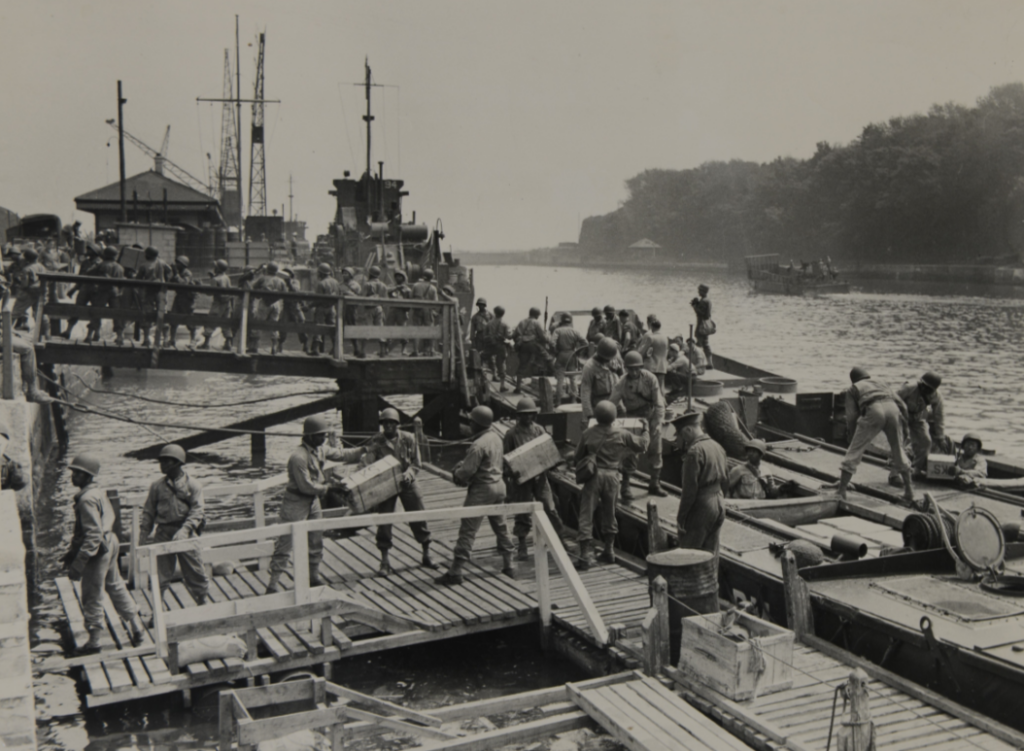Black History Month originated in the USA and was introduced to the UK in 1987. The event recognises that not all histories have been collected and related equally, and that a focus on the stories and experiences of people of colour can widen our perspectives and sometimes provide role models and inspiration for the BAME community and beyond.
Sounds great!
But hang on – where will we find such history?
Well, research has uncovered a huge variety of characters and experiences and these can be found at sites such as Black History Month 2021 – Proud To Be. However, at DHC we’re always interested in the local angle – how can we find out about Black lives in Dorset?
We know that our collections under-represent BAME people’s experience. Painstaking research by ourselves or partners can uncover some material, such as this recent blog.

However, this sort of research involves following stories through a range of documents, and the clues can be quite hidden. Prior to the twentieth century very few people of colour, or Roma, had the opportunity to create records – they were not often landowners, teachers, local government officers, or magistrates, and if their stories were told at all they are hidden in the records made by others.
It’s wonderful that dedicated historians are now determined to uncover more of these stories, and the ways in which colonial practises and slave-owning contributed to the wealth of many of our wealthiest landowners and most influential figures. If you would like any help to get started on research in this field, please do contact us so that we can help to identify useful records for you to view.

However- there’s another angle to consider. If we don’t work with BAME people now to add their records to our collections, the situation won’t be much better a few decades into the future! To this end, we have added some oral history to our collections – including this interview with John Stockley which you can listen to directly through our catalogue.
We also encourage partners to deposit materials from relevant projects with DHC for their long-term survival and to enable access. For example, DEED have undertaken some great research in recent years, and you can see some Dorset specific stories on their website.

Perhaps you can help?
If you are aware of any potential documents, photographs, film etc which may help to inform future generations about BAME experience in Dorset, do please consider talking to us about how these could be accessioned to DHC. Your deposit could be tiny (e.g. one small photo with details about who is in it) or much larger (e.g. a set of correspondence or records of an organisation). Either way, it will help to ensure that BAME people are better represented by current generations than by those before and will enable those who want to uncover such stories to access primary sources. So, please do get in touch if you think you can help!
Send us an email if you think you have anything of interest, and one of the team will get in touch with you: archives@dorsetcouncil.gov.uk

